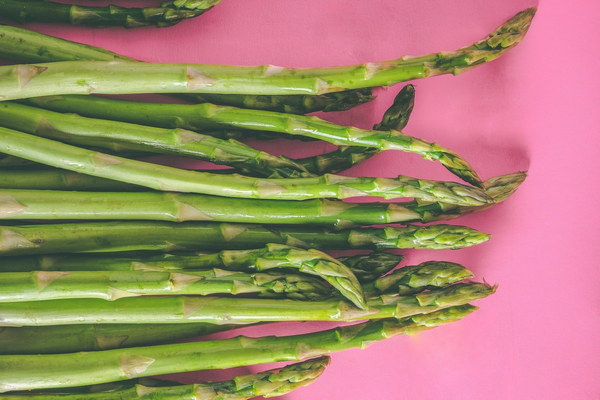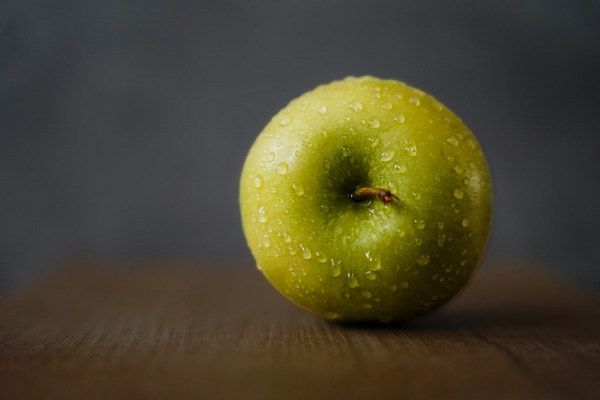When to Hold Back Why Supplements Are Not a Cure for the Common Cold
The common cold is a ubiquitous and often misunderstood ailment that plagues millions of people worldwide each year. As the season changes and the immune system is taxed, many turn to supplements in the hopes of speeding up recovery. However, the notion that supplements can cure or alleviate the symptoms of a cold is a myth. In fact, consuming certain supplements during a cold can do more harm than good. This article delves into why it's advisable to avoid supplements during a bout of the common cold.
Firstly, it's important to understand the nature of the common cold. It is caused by a virus, typically one of the rhinoviruses, and the immune system's primary role is to fight off this viral invasion. The body's immune response to a cold is highly complex, involving various cells and chemicals that work together to combat the infection. During this process, the body produces symptoms like a runny nose, cough, and sore throat, which are actually part of the immune response.
Contrary to popular belief, supplements like vitamin C, echinacea, and zinc are not proven to prevent or cure the common cold. While some studies suggest that vitamin C might reduce the duration of cold symptoms in certain individuals, the evidence is not conclusive. Additionally, high doses of vitamin C can cause gastrointestinal distress, kidney stones, and may interfere with the absorption of other nutrients.

Echinacea, a herbal supplement often praised for its immune-boosting properties, has also been subject to mixed research. Some studies indicate that echinacea can reduce the severity and duration of colds, while others show no significant effect. Furthermore, echinacea can cause allergic reactions in some people and may interact with certain medications.
Similarly, zinc supplements are sometimes recommended for cold relief, but the evidence is not strong enough to support their efficacy. High doses of zinc can be harmful, leading to nausea, loss of taste, and even copper deficiency over time.
So, why are supplements not recommended during a cold? Here are a few reasons:
1. Immune System Overload: When you're sick, your immune system is already working overtime to fight the infection. Adding supplements that claim to boost the immune system can lead to an overload, potentially exacerbating symptoms and prolonging recovery.
2. Interference with Recovery: Some supplements can interfere with the body's natural healing process. For instance, certain herbs and supplements can suppress the immune response, potentially allowing the virus to linger longer.
3. Side Effects: As mentioned earlier, some supplements can cause adverse effects, especially when taken in high doses. During a cold, your body is already dealing with discomfort, and adding side effects from supplements can make matters worse.
4. Misdiagnosis: Taking supplements in place of proper treatment for a cold can lead to misdiagnosis and delay appropriate care. If symptoms persist, it's important to consult a healthcare professional to rule out other conditions.
So, what should you do if you have a cold? Focus on rest, hydration, and managing symptoms with over-the-counter remedies like decongestants, cough suppressants, and pain relievers. If you're interested in supplements, wait until you're feeling better to start them, and always consult with a healthcare provider to determine the appropriate dosage and potential interactions.
In conclusion, while supplements are often marketed as a magic bullet for colds, the scientific evidence does not support their efficacy for treating or preventing the common cold. During a cold, it's best to let your body's immune system do its job and avoid supplements that might interfere with this process or cause unwanted side effects. Remember, the most effective way to recover from a cold is rest, plenty of fluids, and patience.









